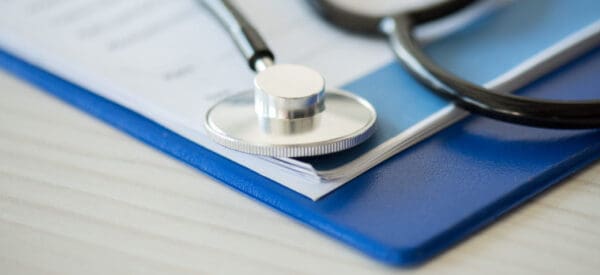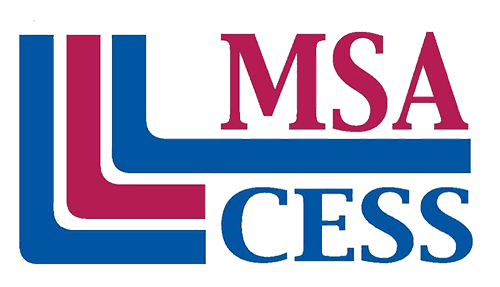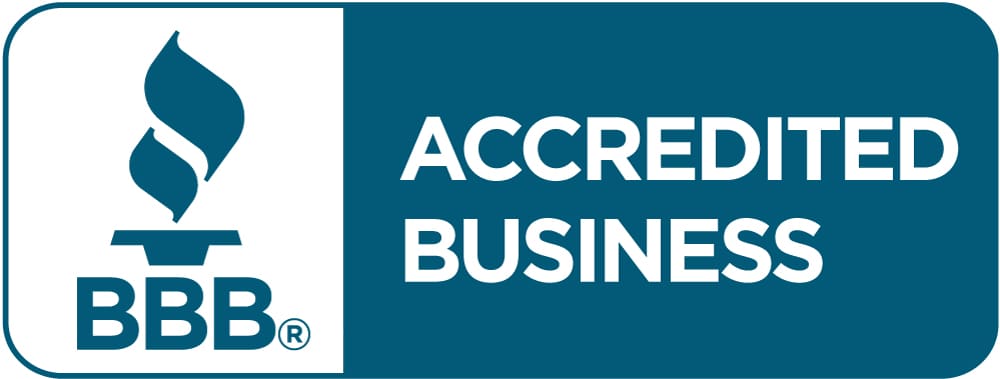At ACI Medical & Dental School, we train our students for certification in several in-demand healthcare careers, including the Medical Assistant position. Among the benefits of this entry-level role is the many career advancement opportunities available. This includes using our MA program as a pathway to become a Physician’s Assistant (PA). Here is some info on how becoming a Medical Assistant can help you on the road to becoming a Physician’s Assistant in New Jersey.
What Is a Physician’s Assistant (PA)?
A Physician’s Assistant, or PA, is an important member of a medical team. These skilled professionals carry out many of the same functions of a medical doctor. In most healthcare facilities, Physician’s Assistants work under the supervision of a physician or surgeon. They can work in many areas of medicine, including primary care, emergency care, and family medicine.
The responsibilities of a Physician’s Assistant include, but are not limited to:
- Reviewing patient medical histories.
- Examining patients.
- Diagnosing injuries and illnesses.
- Ordering and interpreting diagnostics tests, including blood tests and x-rays.
- Treating patients, including setting broken bones and administering immunizations.
- Educating patients regarding treatment.
- Prescribing medication.
- Monitoring and recording patient progress.
- Ensuring a high quality of patient care.
According to the Bureau of Labor Statistics, employment for Physician’s Assistants is projected to increase 28% by 2033.
Requirements to Become a Physician’s Assistant in New Jersey
To become a Physician Assistant (PA) in New Jersey, you must meet several requirements:
- Education: Complete a master’s degree in Physician Assistant studies from an accredited program, which typically requires a bachelor’s degree (preferably in a science-related field) and includes coursework in anatomy, physiology, pharmacology, and clinical practice.
- Clinical Experience: Many programs require healthcare experience before admission, such as working as a Medical Assistant or Patient Care Technician (PCT).
- Certification: After graduation, pass the Physician Assistant National Certifying Exam (PANCE) administered by the National Commission on Certification of Physician Assistants (NCCPA).
- Licensing: Apply for licensure with the New Jersey Board of Medical Examiners. You must submit proof of education, certification, and any required documentation.
- Continuing Education: Maintain certification by completing 100 hours of continuing education every two years and passing the Physician Assistant National Recertifying Exam (PANRE).
We Can Help You on the Path To Becoming a Physician’s Assistant in NJ!
If you are working towards becoming a licensed Physician’s Assistant in New Jersey, ACI Medical & Dental School can help you.
By completing our Medical Assistant Certification Program, you will fulfill 180 of your required volunteer / patient contact hours by completing the on-site internship included with the program.
Completing our Medical Assistant program will also qualify you to begin working as a Medical Assistant or Patient Care Technician (PCT) right away. Students who complete the program are certified by the National Healthcareer Association (NHA) and prepared to work in a variety of health care settings including doctor’s offices, clinics, and hospitals. You can earn money, build your resume, and gain real experience in the medical field while continuing your postgraduate education.
How Medical Assistant Certification Can Help You Become A Physician’s Assistant
Here are just three reasons why Medical Assistant (MA) certification can be highly beneficial for someone pursuing a career as a Physician’s Assistant (PA):
- Clinical Experience and Skill Development: As a certified Medical Assistant or PCT, you gain hands-on experience in patient care, performing tasks such as taking vital signs, phlebotomy, assisting in examinations, and handling EKGs and other medical equipment. This foundational clinical experience is valuable in a PA program, as you will already be familiar with many clinical procedures, which can help accelerate your learning.
- Understanding Medical Office Operations: MAs sometimes handle administrative tasks such as managing patient records, scheduling appointments, and ensuring compliance with medical regulations. This administrative experience can give you a deeper understanding of how healthcare systems work, which is crucial when working as a PA, as they often have to navigate both clinical and administrative responsibilities.
- Enhanced Resume and Competitive Edge: Having a Medical Assistant certification on your resume demonstrates your experience in the healthcare field and your ability to handle responsibilities in a medical environment. It can make you a more competitive candidate when applying to PA programs, as it shows that you have practical experience in the healthcare setting, which is a key component of the PA school admission process.
Contact Us Today
In as little as four months, you can complete our program, which will fulfill some of your required training hours and qualify you for gainful employment in the medical field while you continue working towards becoming a Physician’s Assistant. Contact ACI Medical & Dental School today to learn more about our program!








